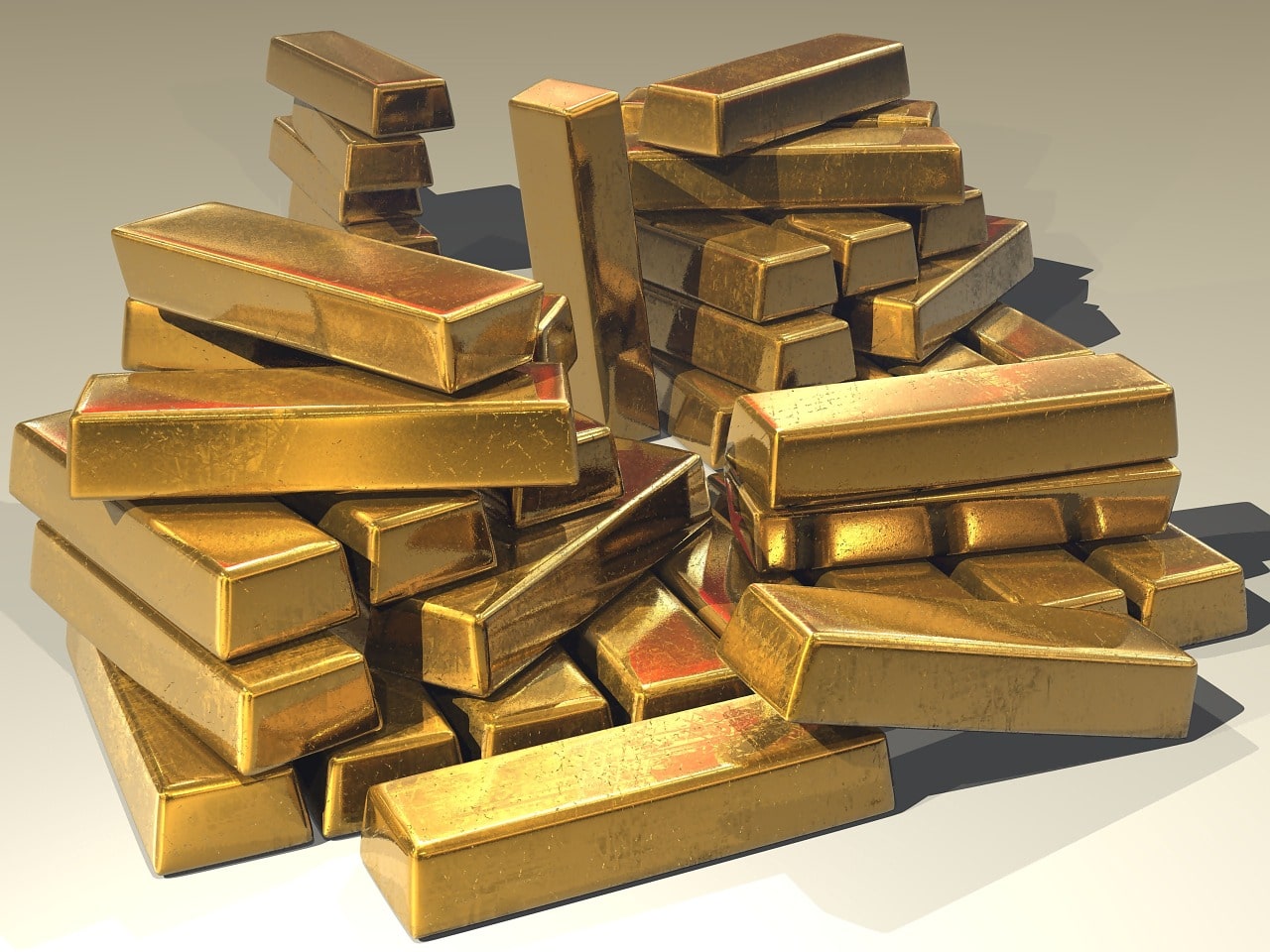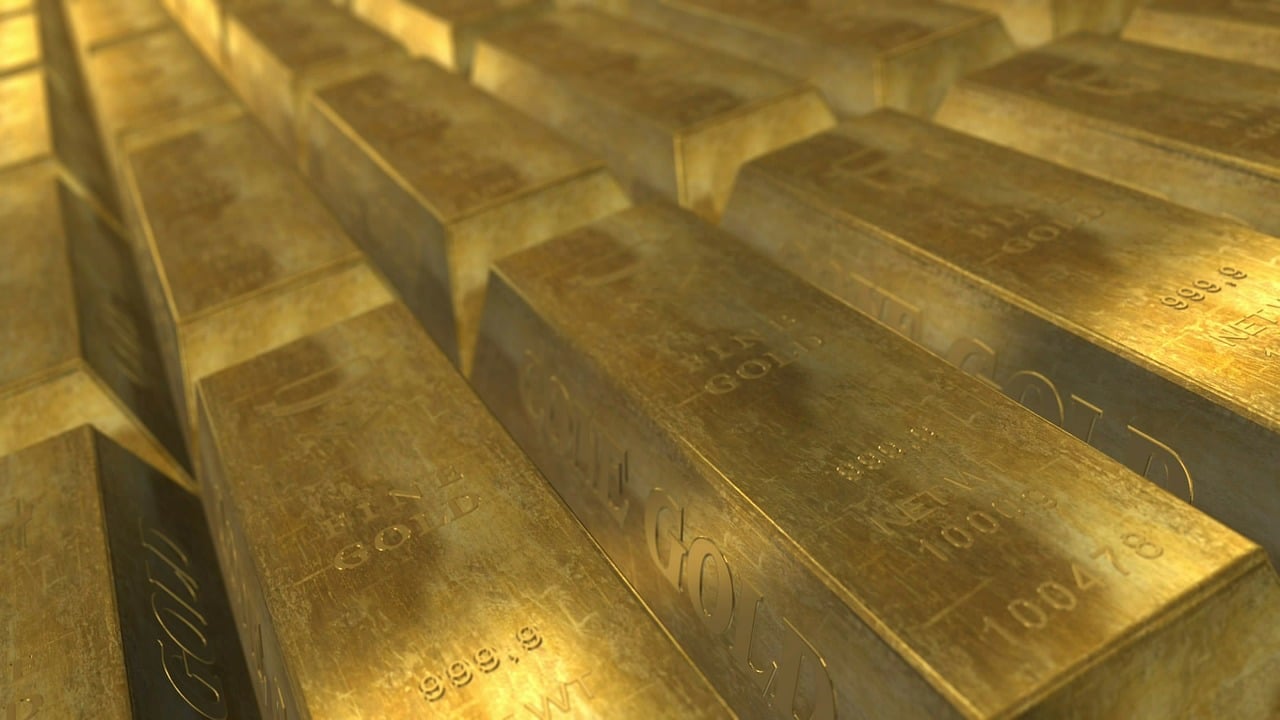If you invest in gold and silver, you should understand what central banks around the world are doing with precious metals and why. While one country’s reasons for holding, buying, or selling gold will differ from another’s, the reasons central banks hold precious metal reserves is remarkably similar to individual investors.
Who Owns The World’s Gold?
The United States remains the world’s largest single owner of gold with over 8,100 tonnes of gold bullion. Until President Nixon abruptly ended the U.S. dollar’s direct convertibility to gold, the U.S. had underpinned the global economy by effectively maintaining the gold standard with the greenback.
Germany owns less than half of that, with 3,373 tonnes of gold, much of which it recently repatriated from central banks in New York and Paris. The reason Germany kept its gold outside of the country has to do with decades-past Cold War fears. West Germany was concerned that its massive gold reserves were at risk in the event of a Soviet invasion, so kept the gold in New York and Paris rather than in Frankfurt.
The next largest gold reserves in the world belong to the IMF, Italy, France, China, and Russia in that order.
IMAGE: PIXABAY
The Russian Central Bank Is Buying Up Gold
At the very end of the Soviet Union in 1990, the Soviet government sold off two-thirds of its gold reserves, spent all of its foreign currency reserves, and left the Russian successor state deeply in debt. But once Vladimir Putin came to power, he embarked on an aggressive strategy to rebuild the country’s gold reserves. Russia is now approaching the point where 10 percent of its money supply is in gold, compared to China’s 2.8 percent and the U.S.’s 2.2 percent. The country has managed to do this by buying much of the gold mined within Russia at cheaper prices than gold available on world markets.
Both Russian and Chinese governments have become aggressive on gold in order to challenge U.S. economic hegemony and reduce their own dependence on the U.S. dollar as a foreign currency reserve.
Central Banks Aren’t Buying Silver, Yet
You won’t find as much talk about central banks buying silver, even though most nations do have silver reserves. It’s an area where the U.S. hasn’t minded giving up global dominance, with only 25,000 metric tons. Major mining nations tend to dominate in silver reserves with the largest silver reserves held by Peru, Australia, Poland, Russia, China, Mexico, Chile, the U.S., and Bolivia, in that order. With silver demand outpacing silver production, industrial silver consumption and national mints rely on these silver reserves to meet demand.
But you would want to buy gold and silver as investments both if central banks did start buying silver, and it could happen. As gold strengthens its new base price around $1350 banks and goes beyond, central banks could be looking for a cheaper precious metal to safeguard against a monetary crisis. Any move from central banks further could lead to a major price shift in silver, not only due to demand but the new confidence in silver it would create. Keep an eye on silver prices and the availability of silver bullion coins from dealers like Silver Gold Bull.
Protecting Yourself Against Inflation And Reckless Monetary Policies
In the aftermath of the 2008 financial crisis, governments around the world, including the United States, printed money with abandon. By some estimates, banks around the world created $9 trillion between 2008 and 2016. Ordinarily, that kind of printing activity would have sent inflation skyrocketing, but the last decade has been one of very low inflation and very low-interest rates.
No one is sure when or how a decade of reckless monetary policy will catch up with the global economy, but many investors are turning to gold dealers like Silver Gold Bull to turn cash into gold bullion. Central banks keep gold reserves as disaster insurance. They’re the ones who control the policies that could set off a disaster. The good news for the average investor is that buying gold bullion is simple. You can even buy it cheaper online from sources like Silver Gold Bull and store it safely away from banks that could wind up taking it in a bail-in.
Central banks are investing in gold as an insurance policy against the risk of a major financial and monetary collapse. If you aren’t doing the same, you could be risking it all.
If you are interested in even more business-related articles and information from us here at Bit Rebels then we have a lot to choose from.


COMMENTS